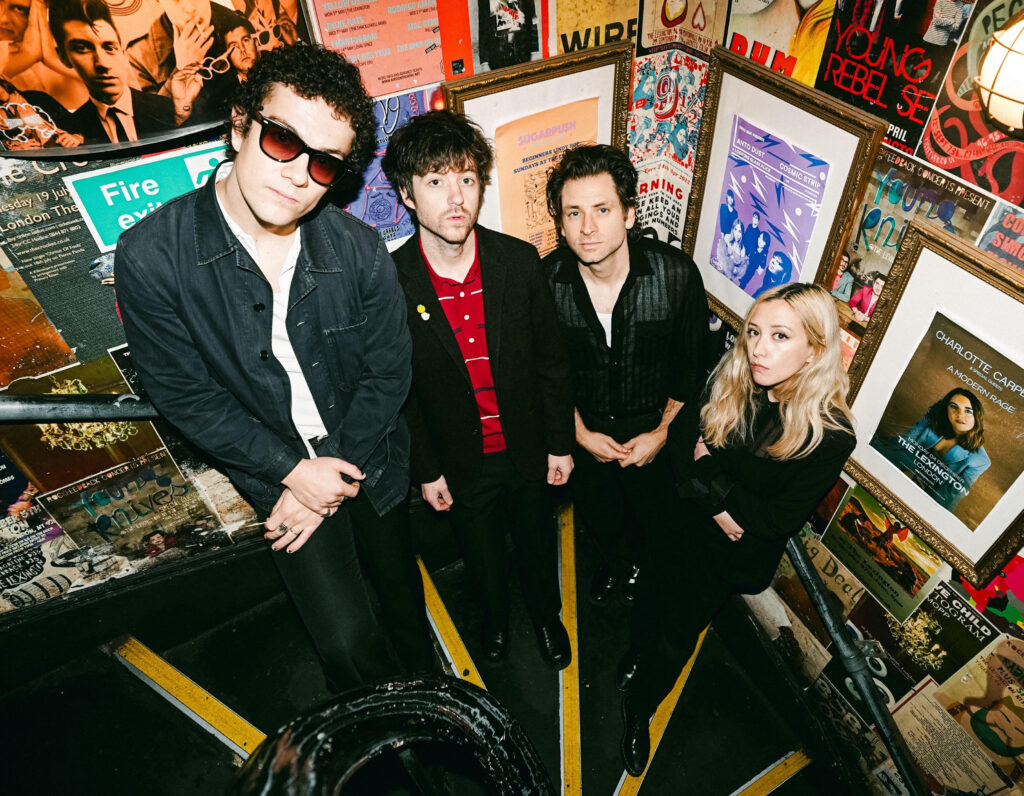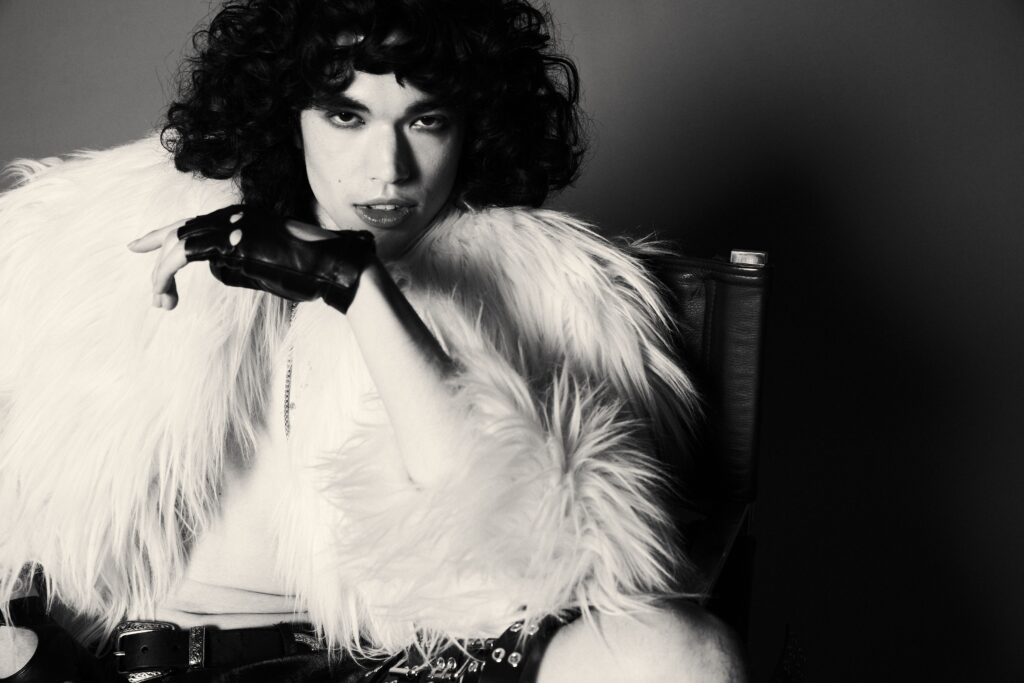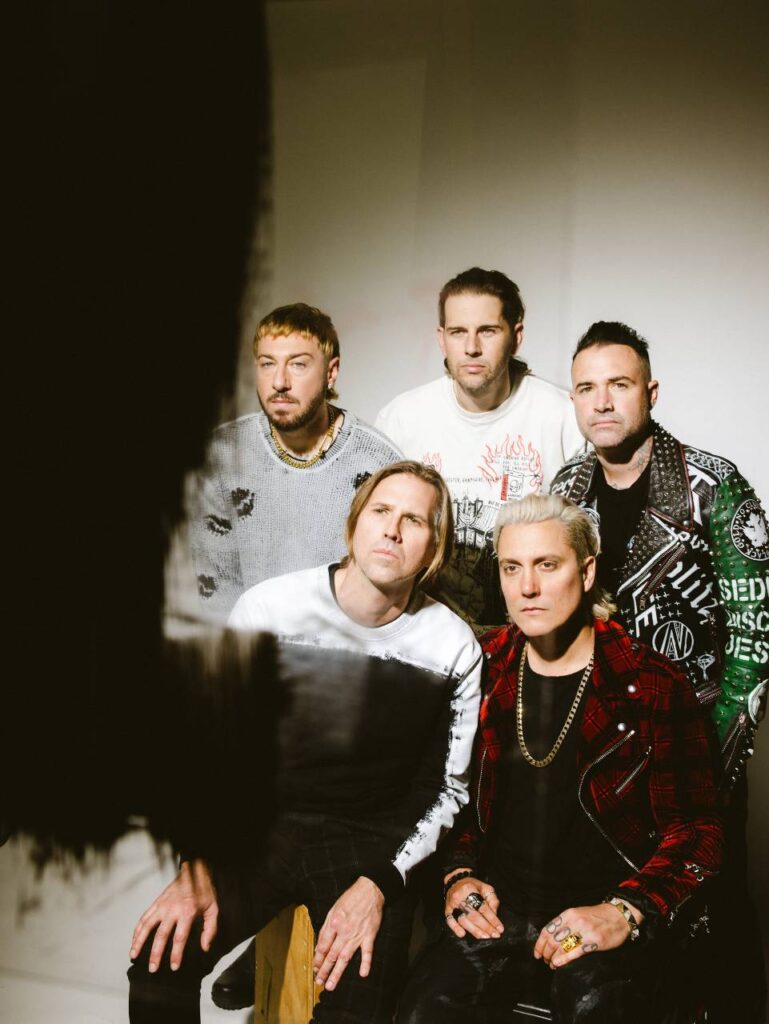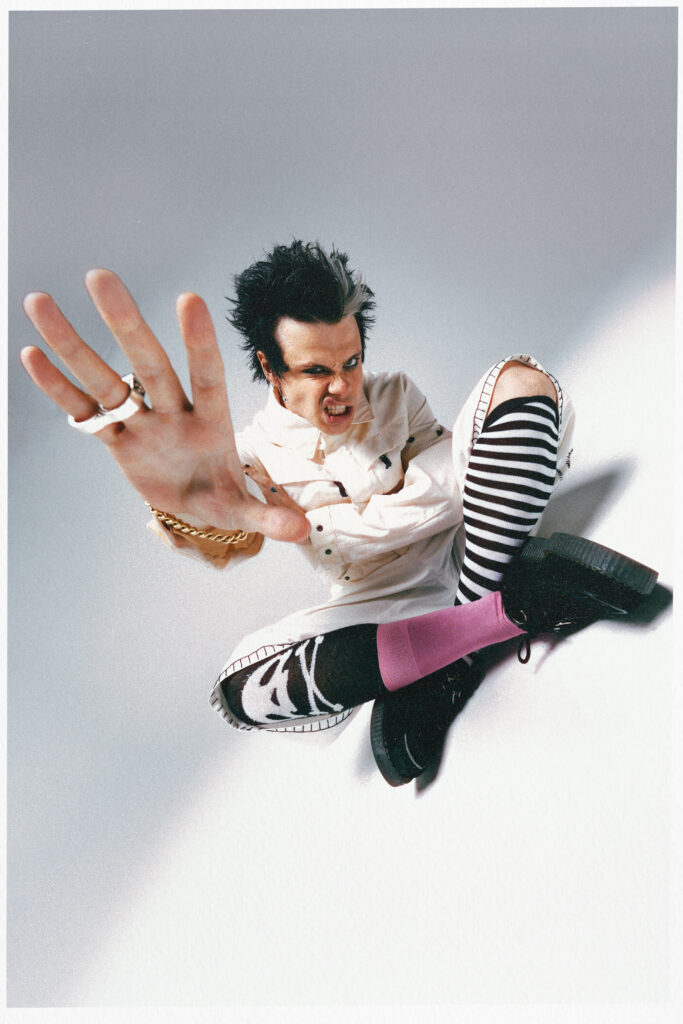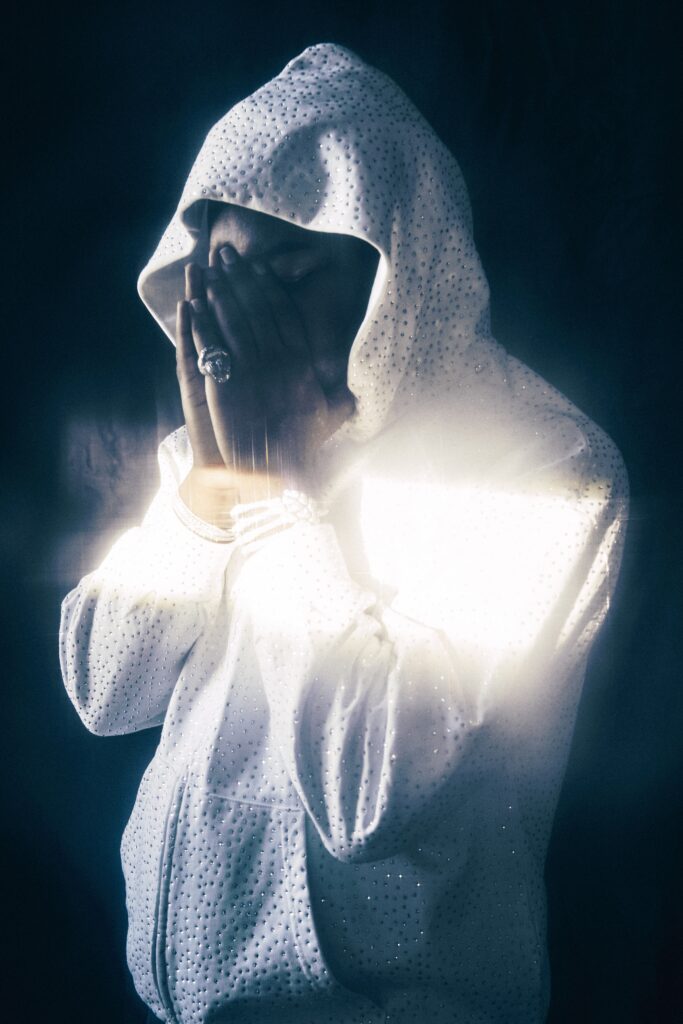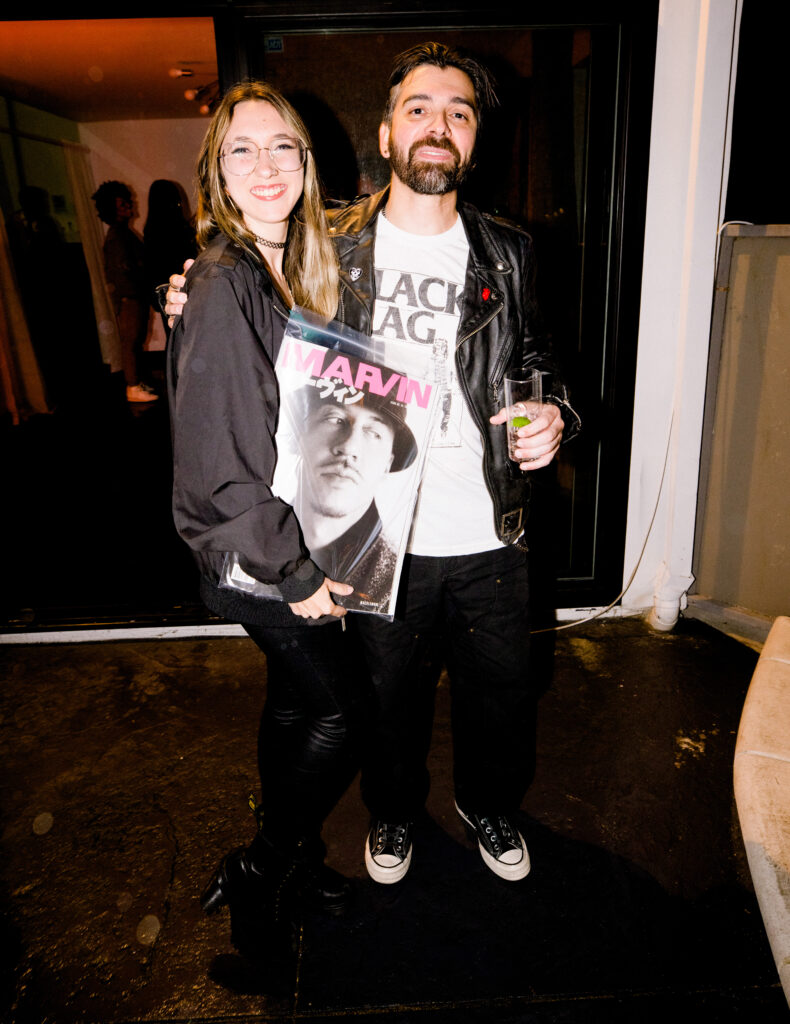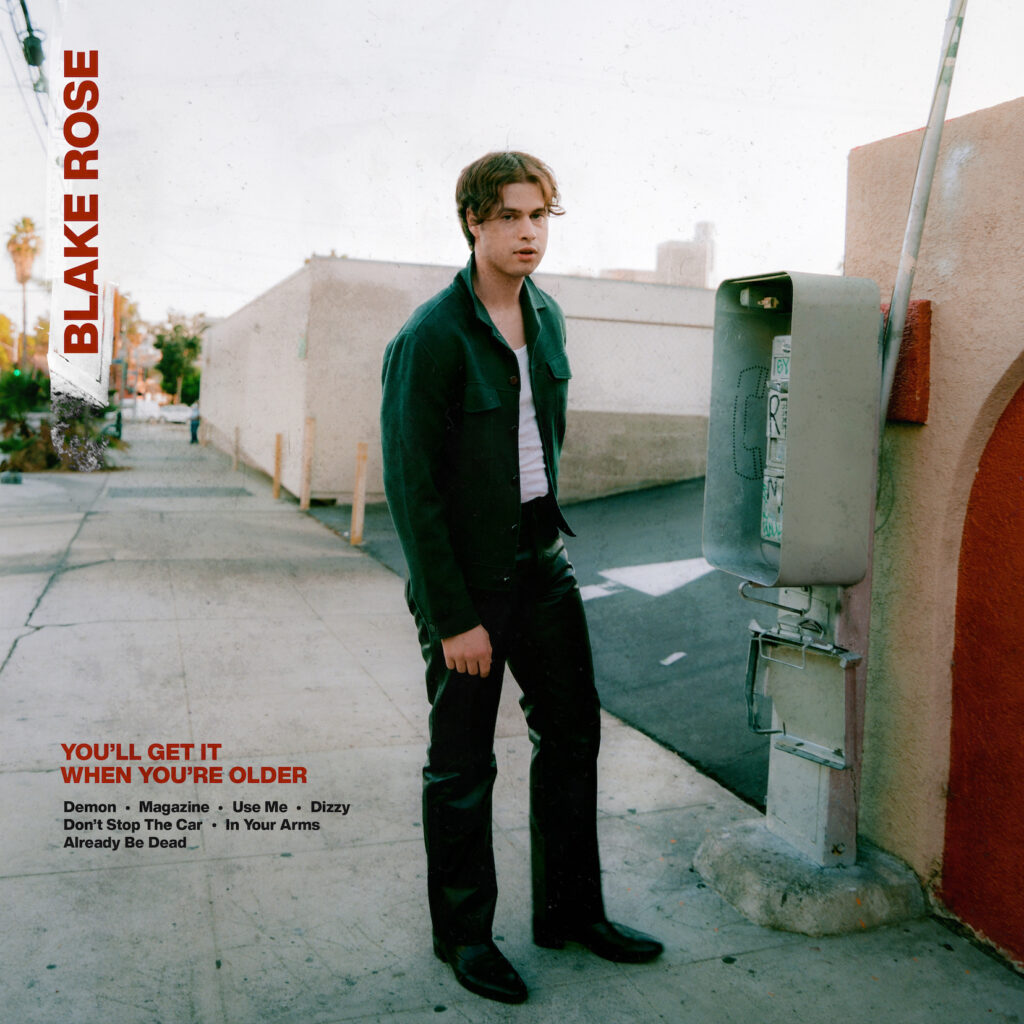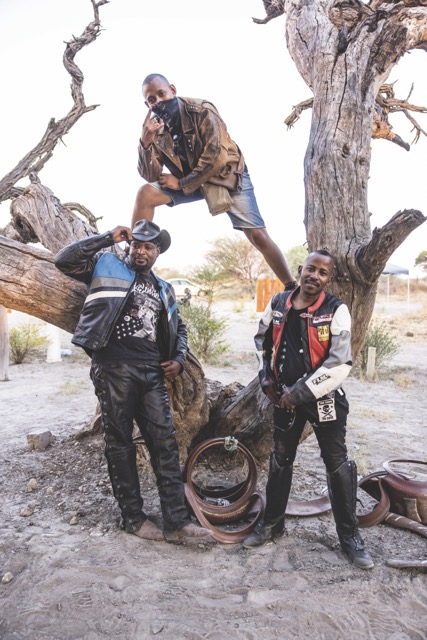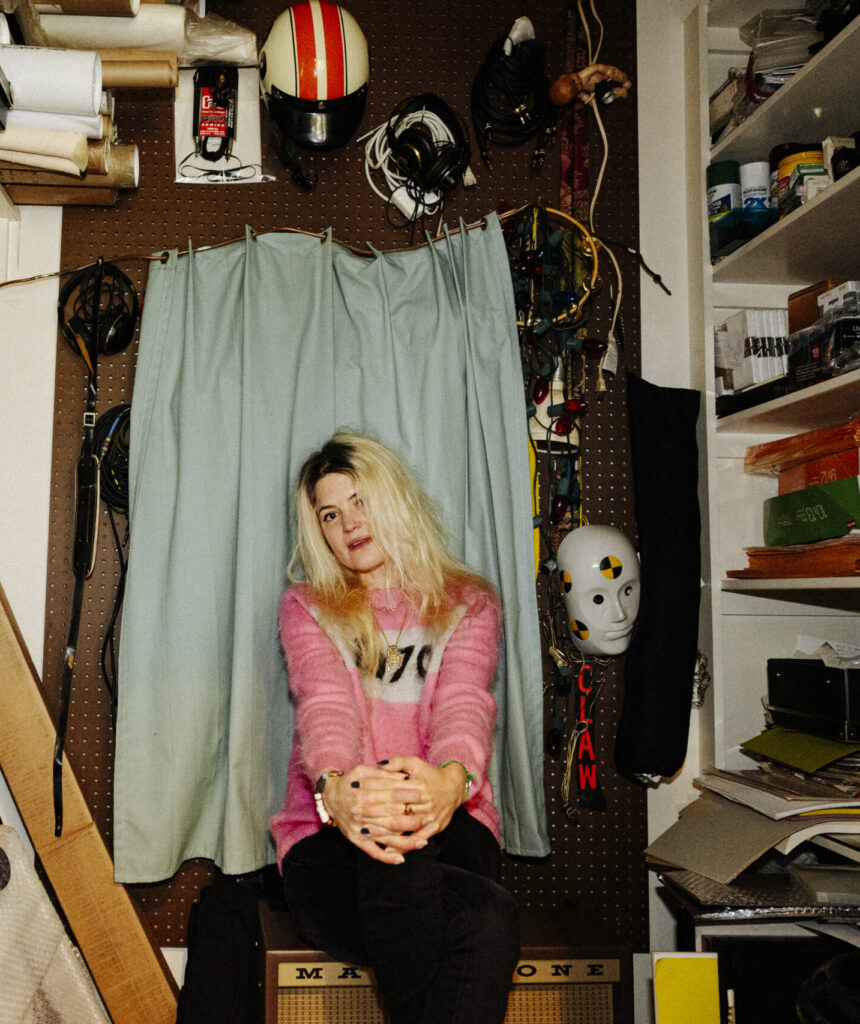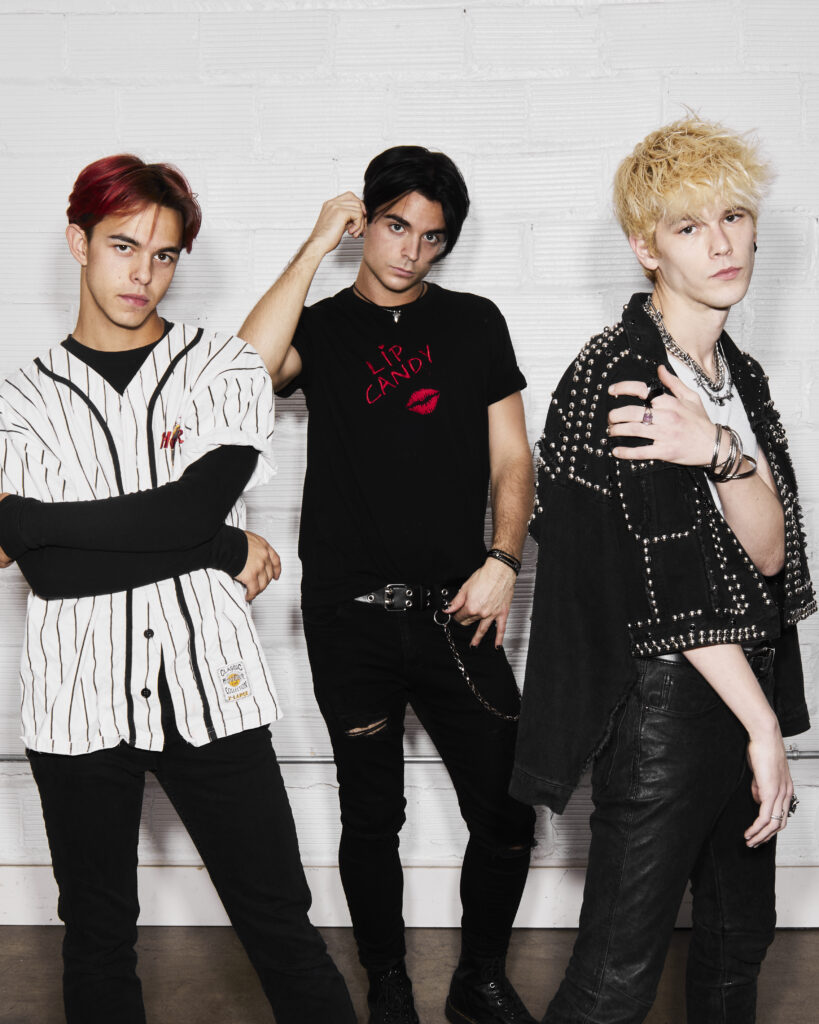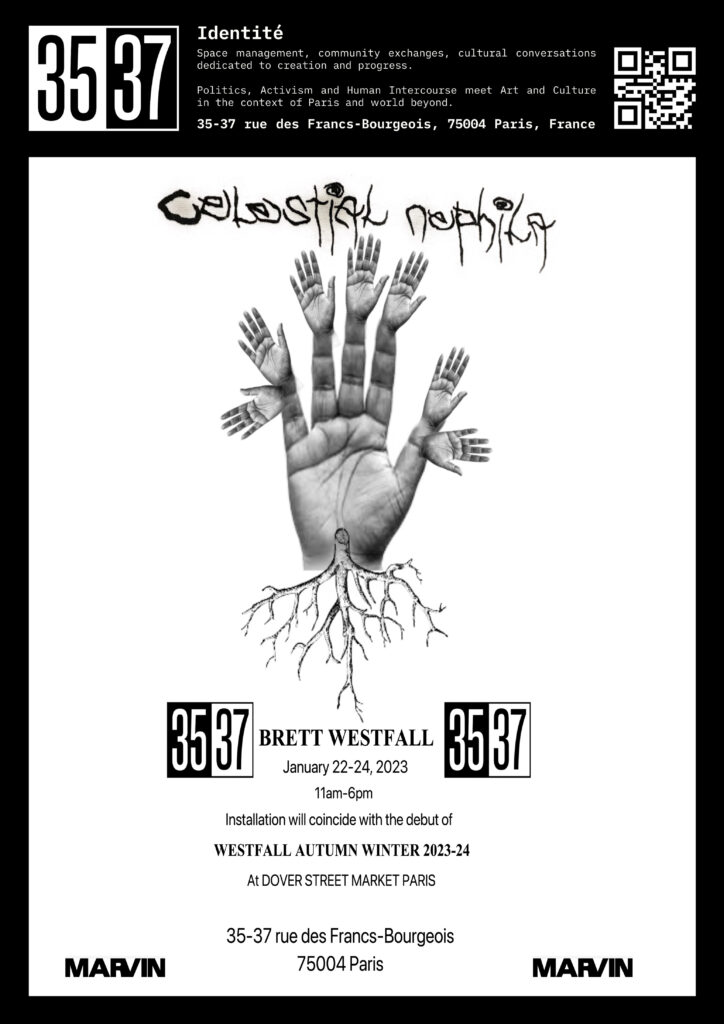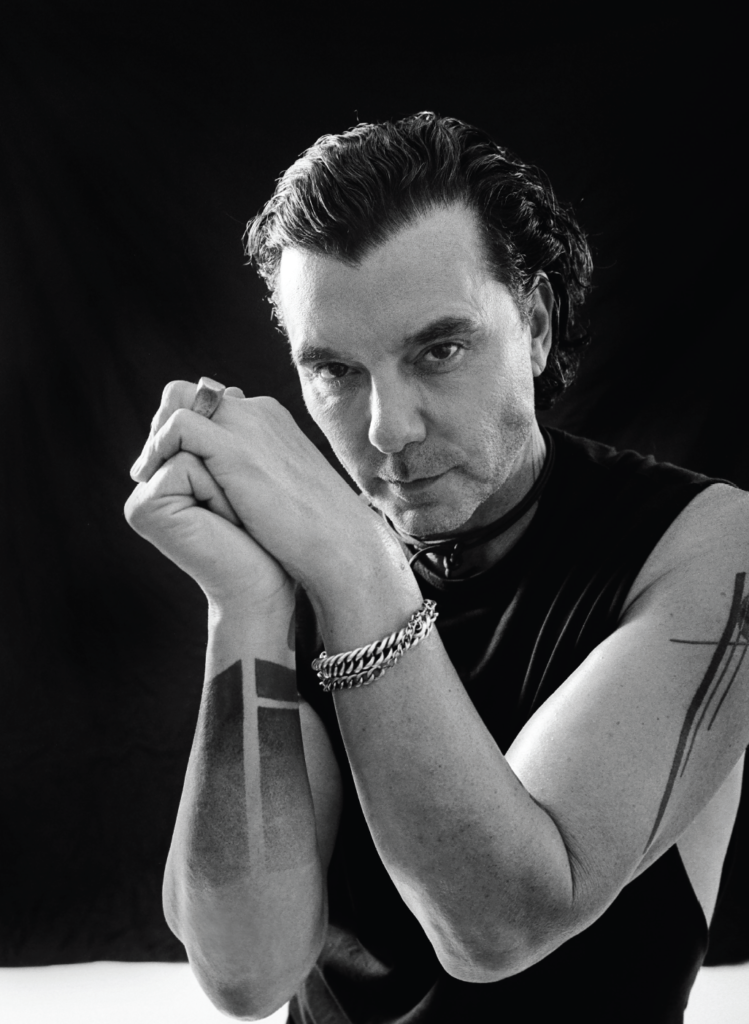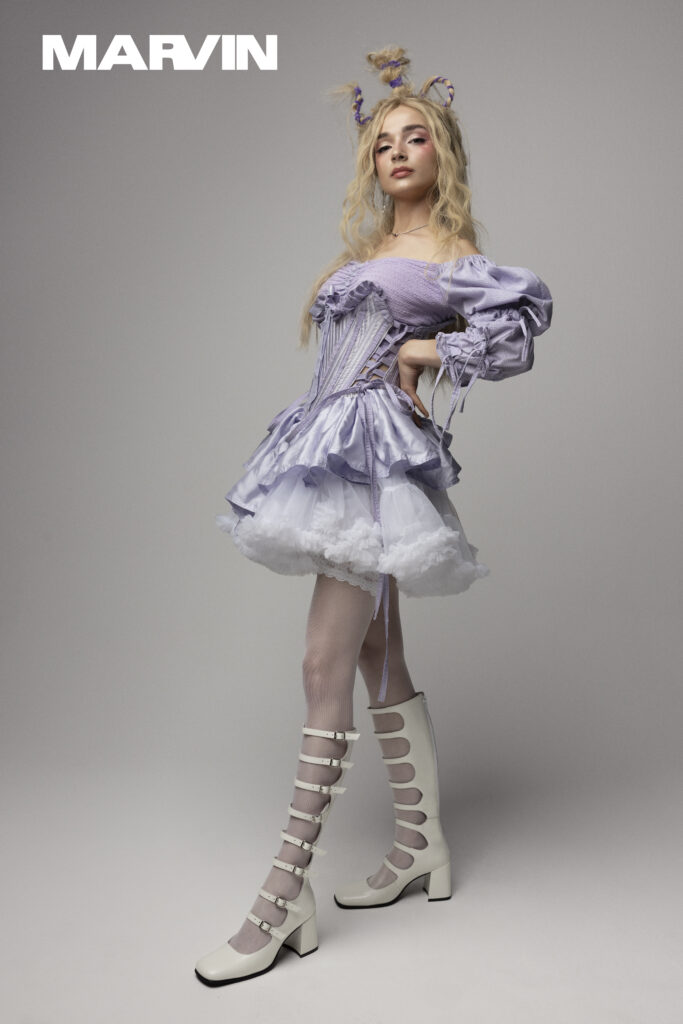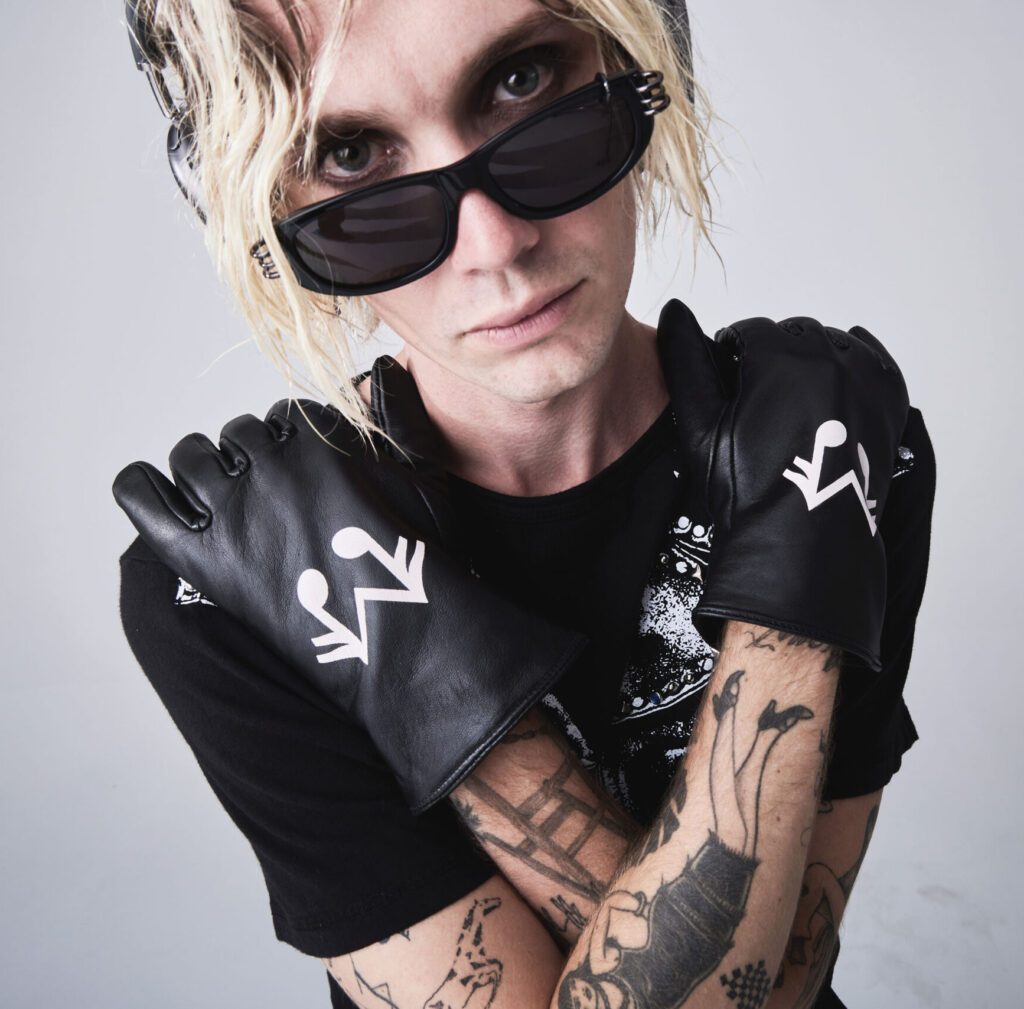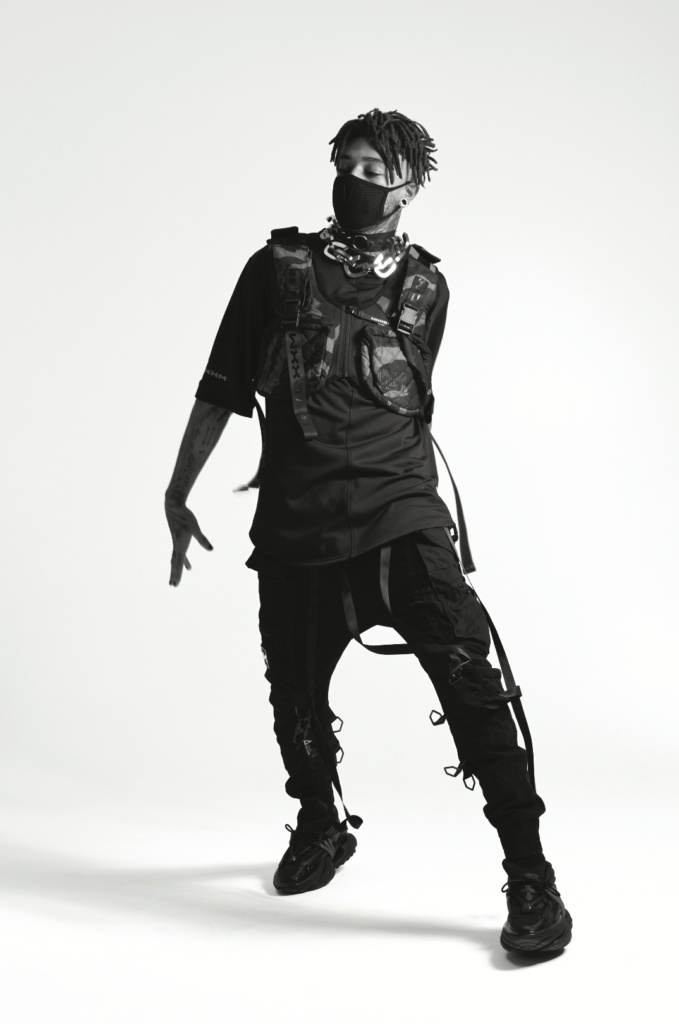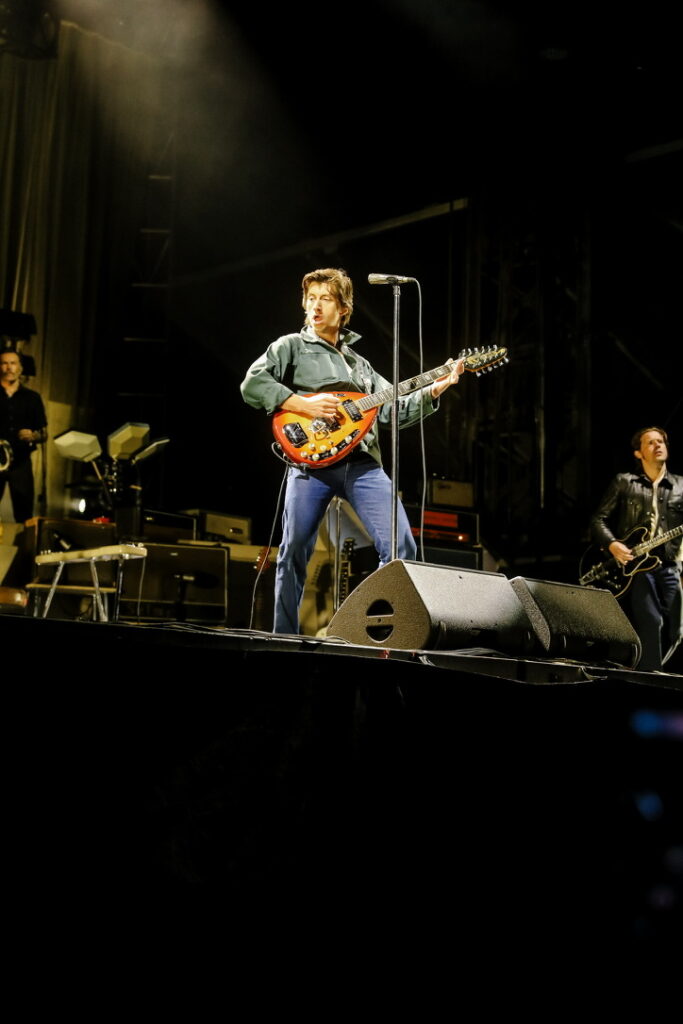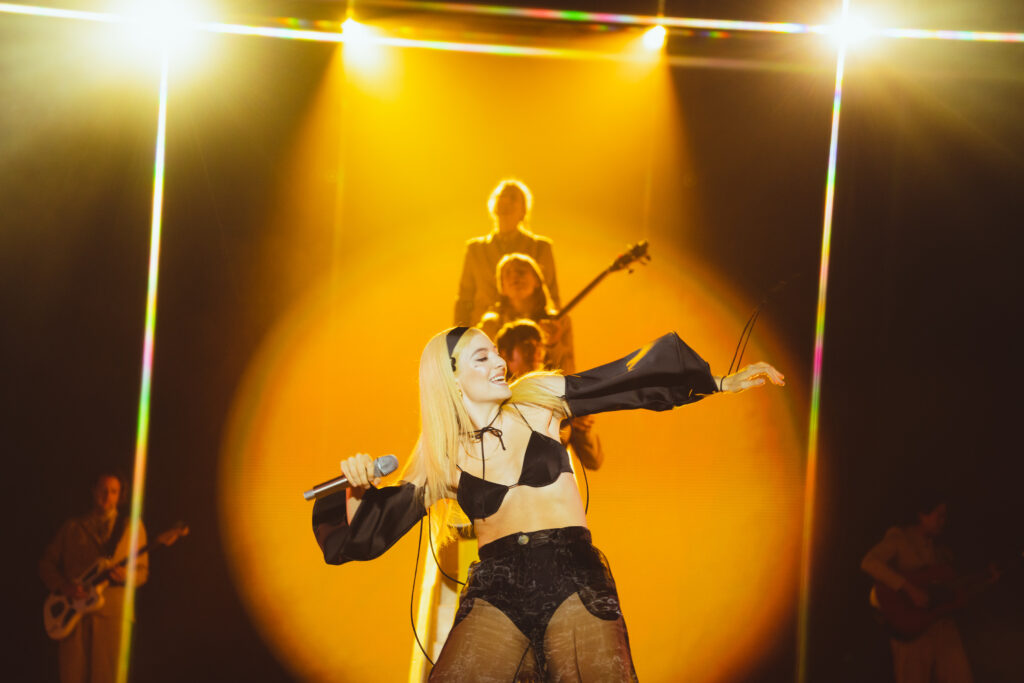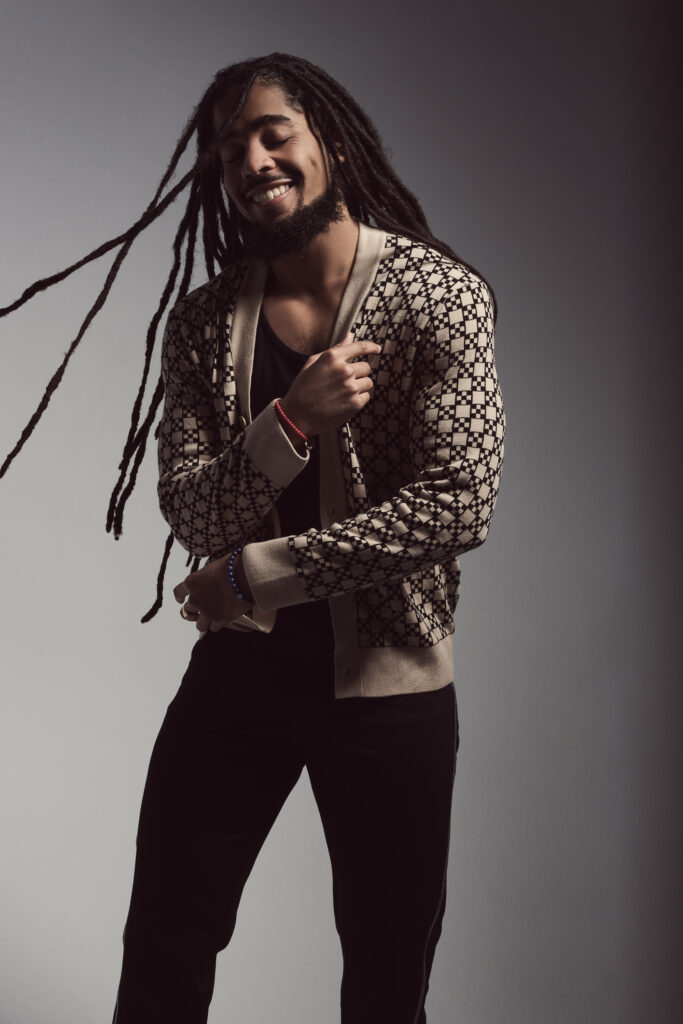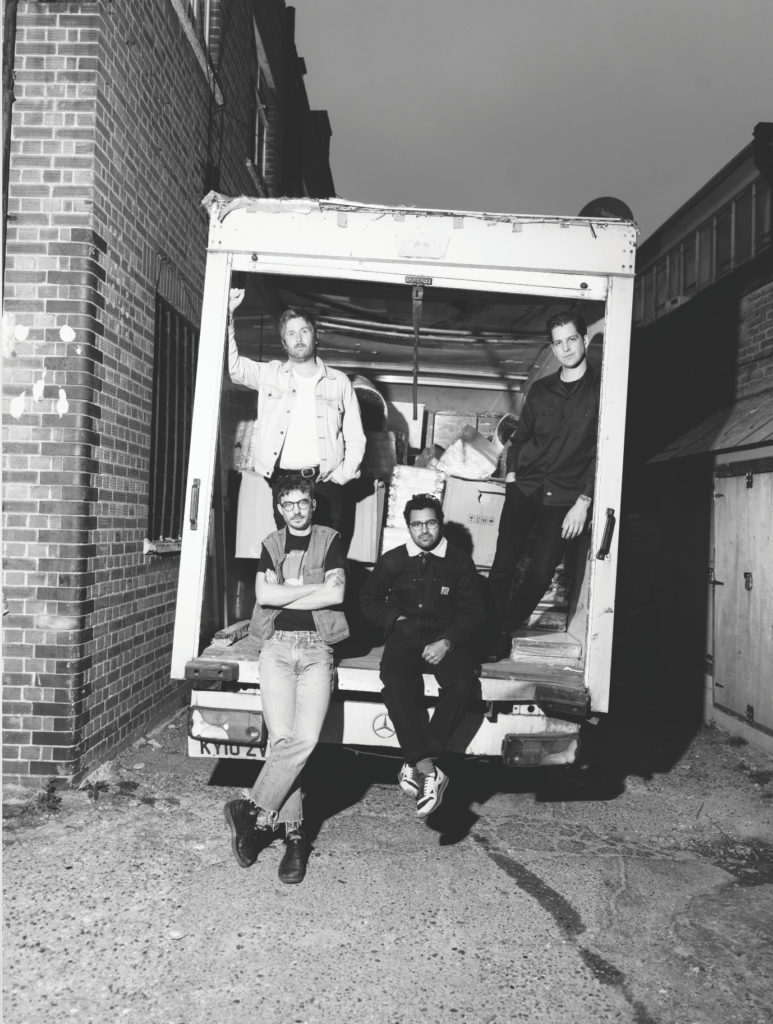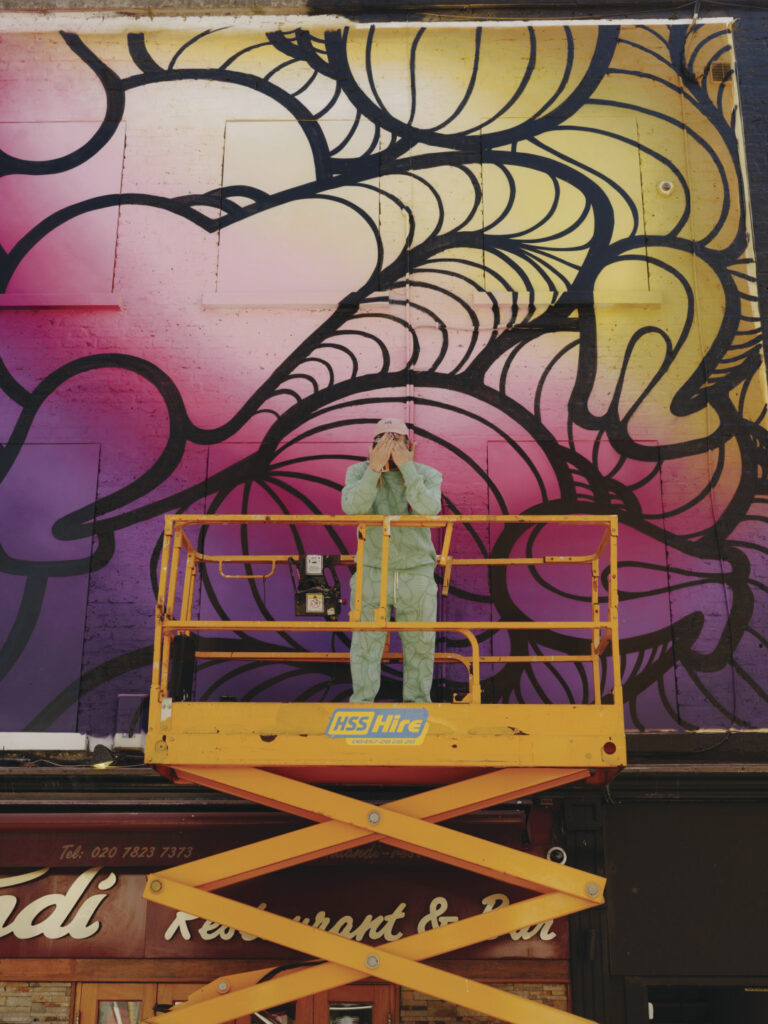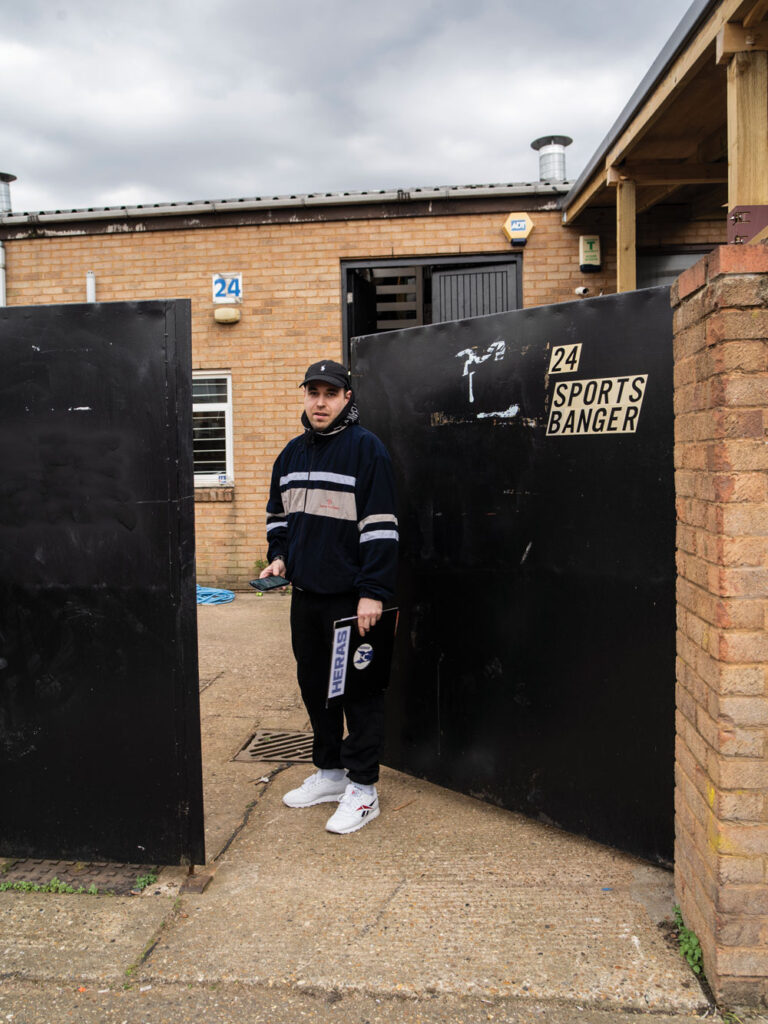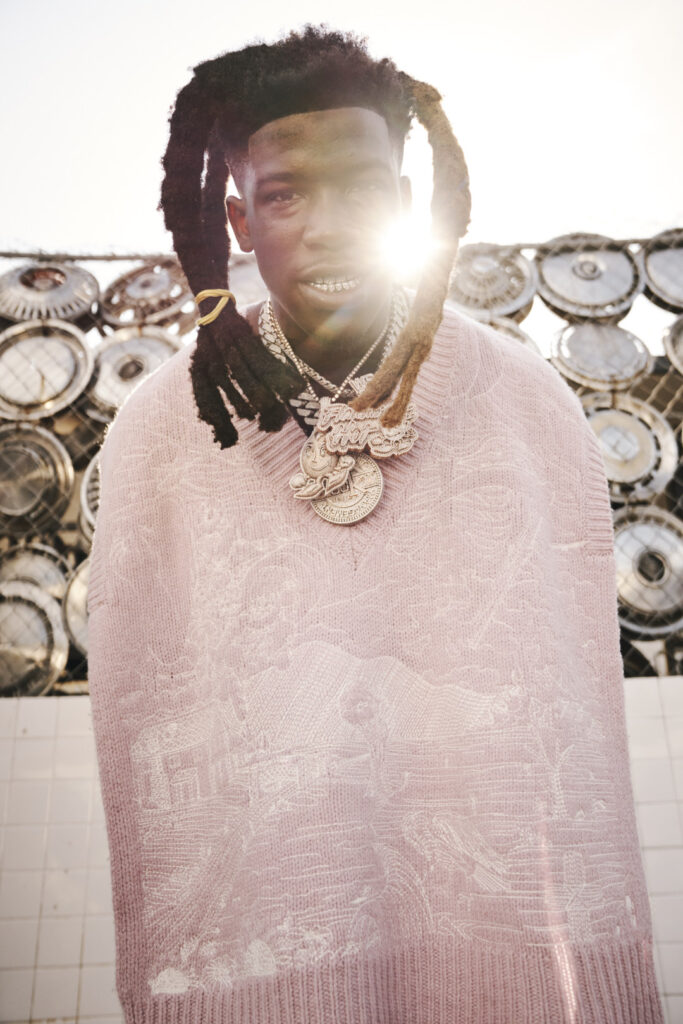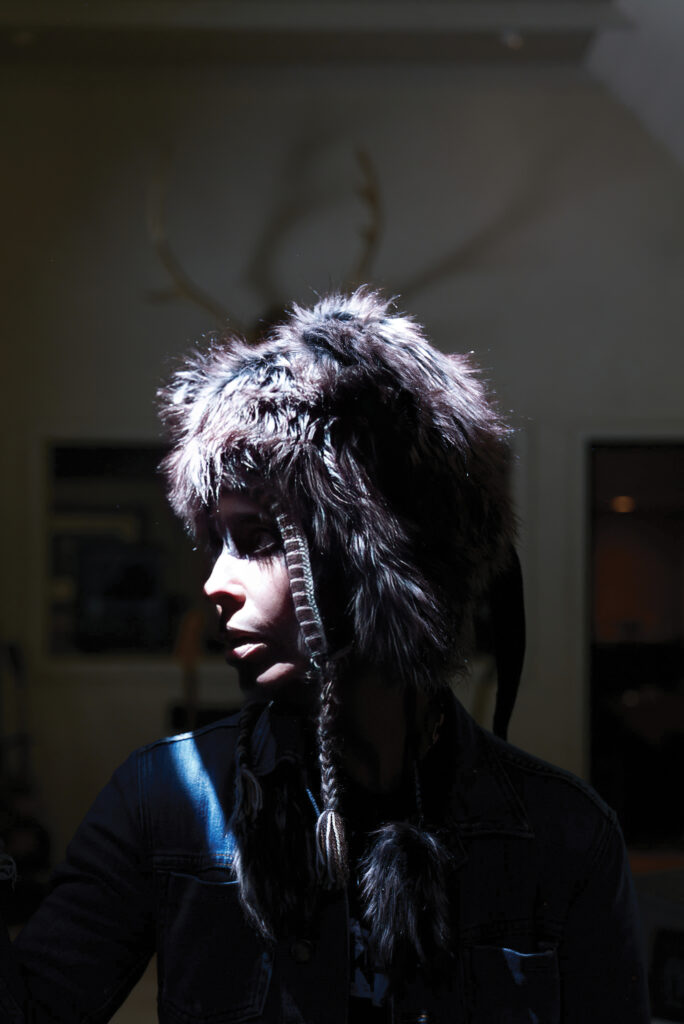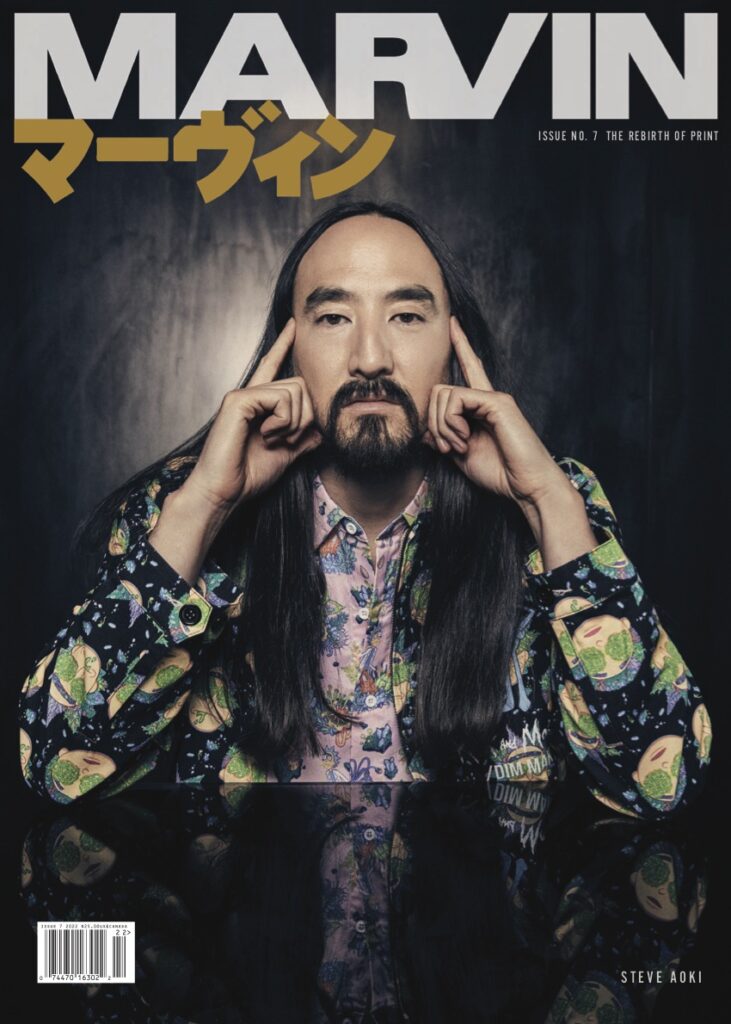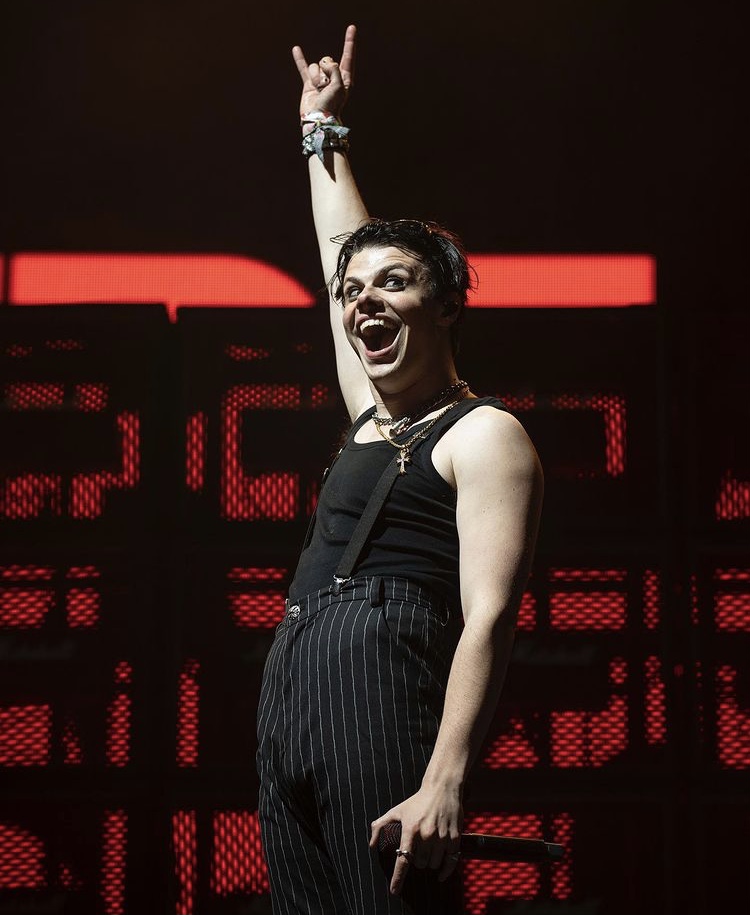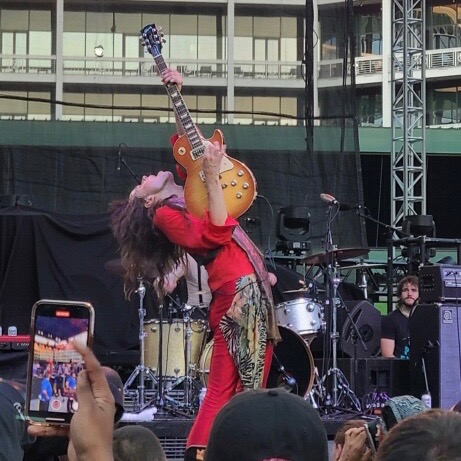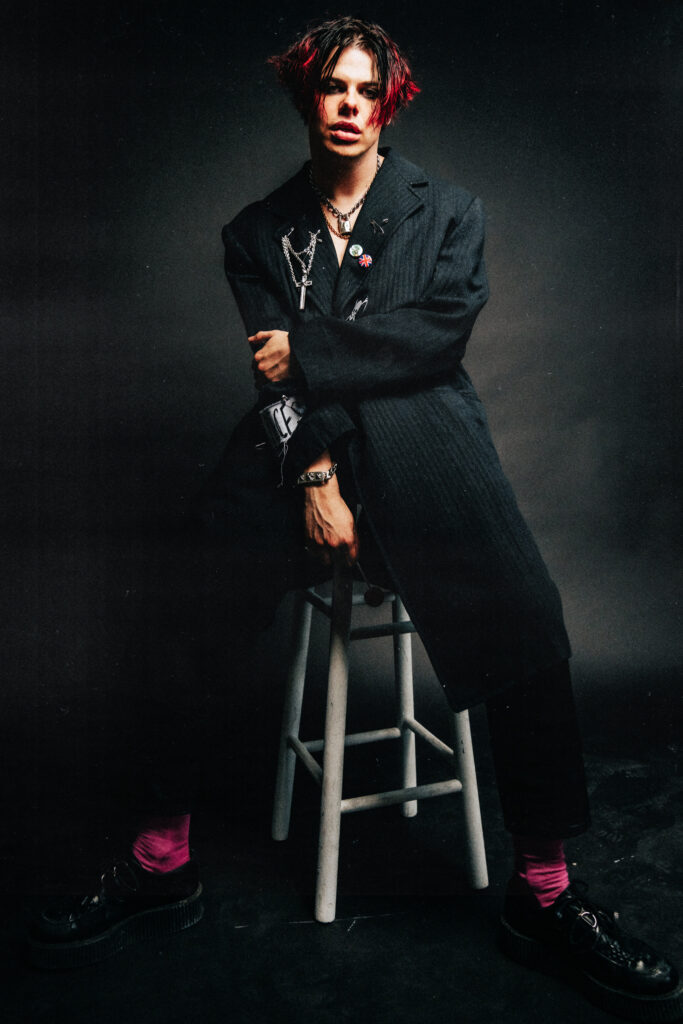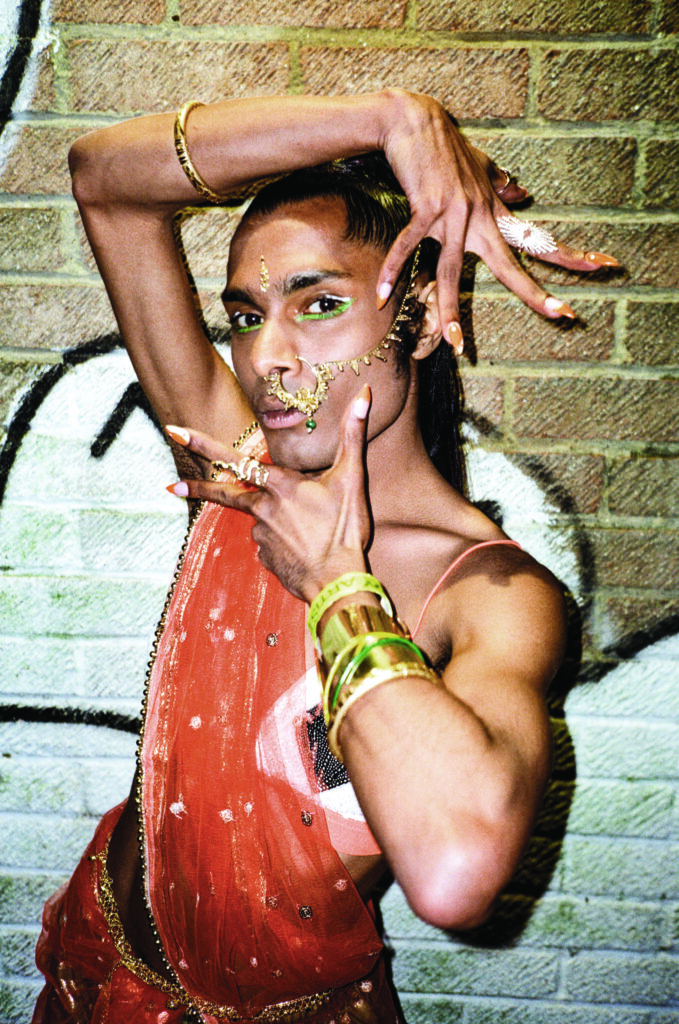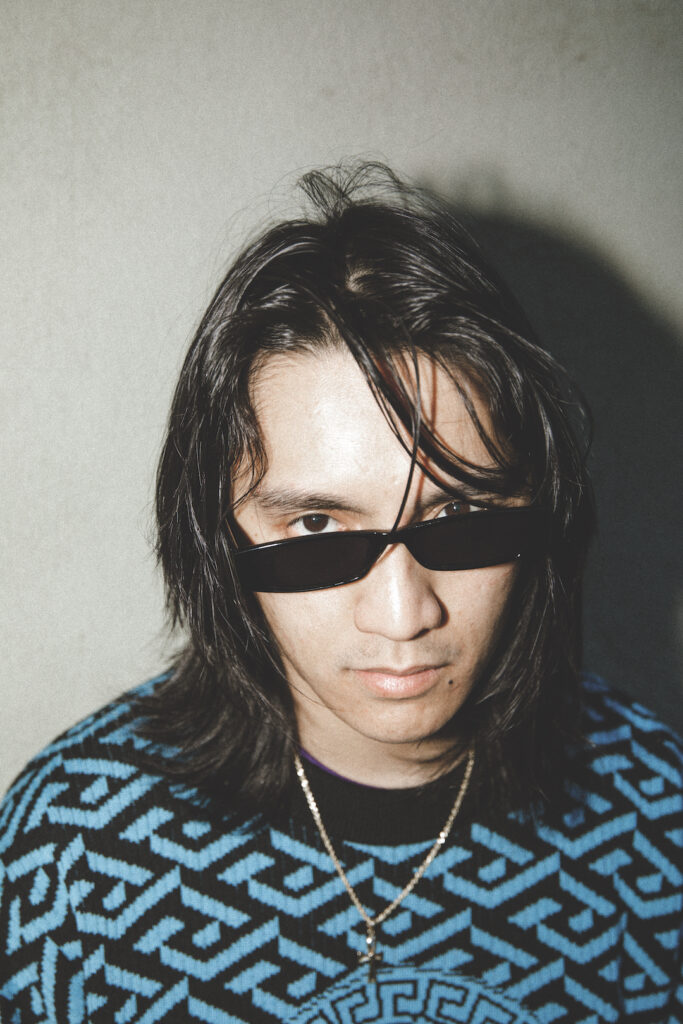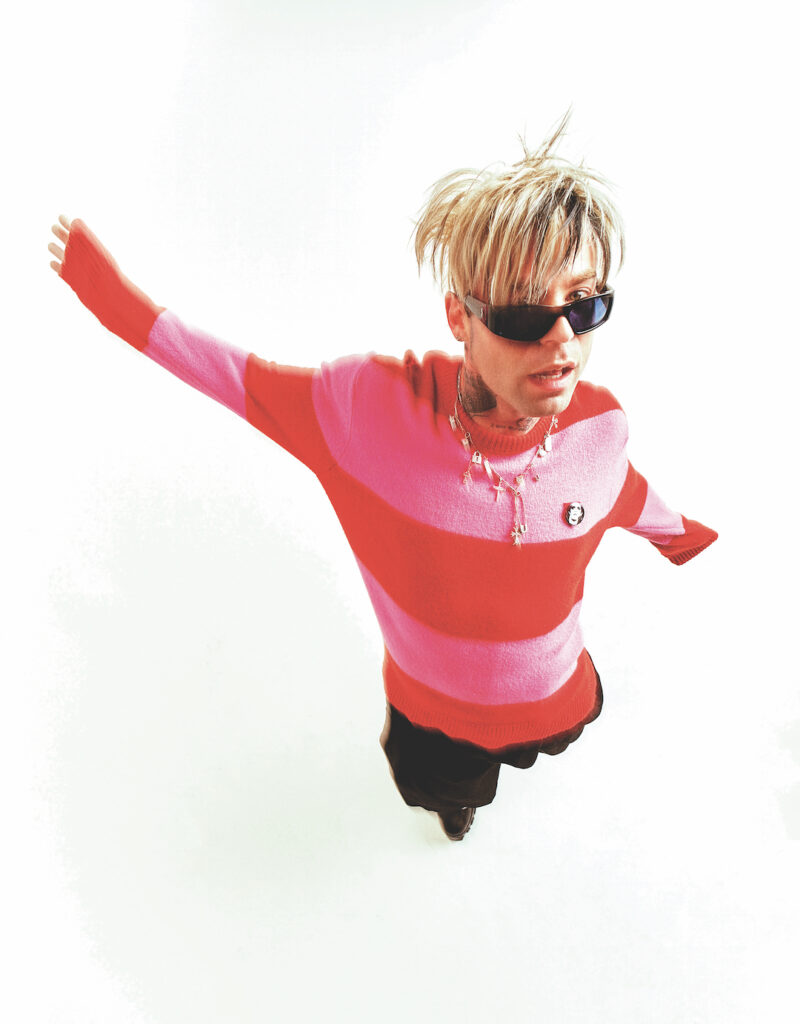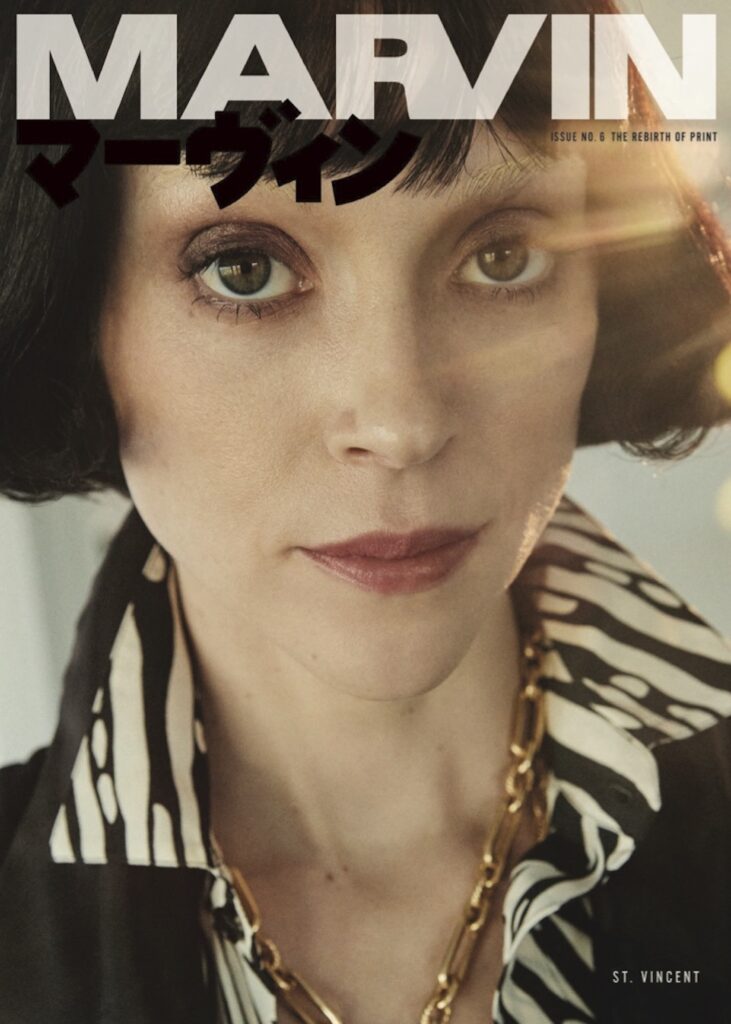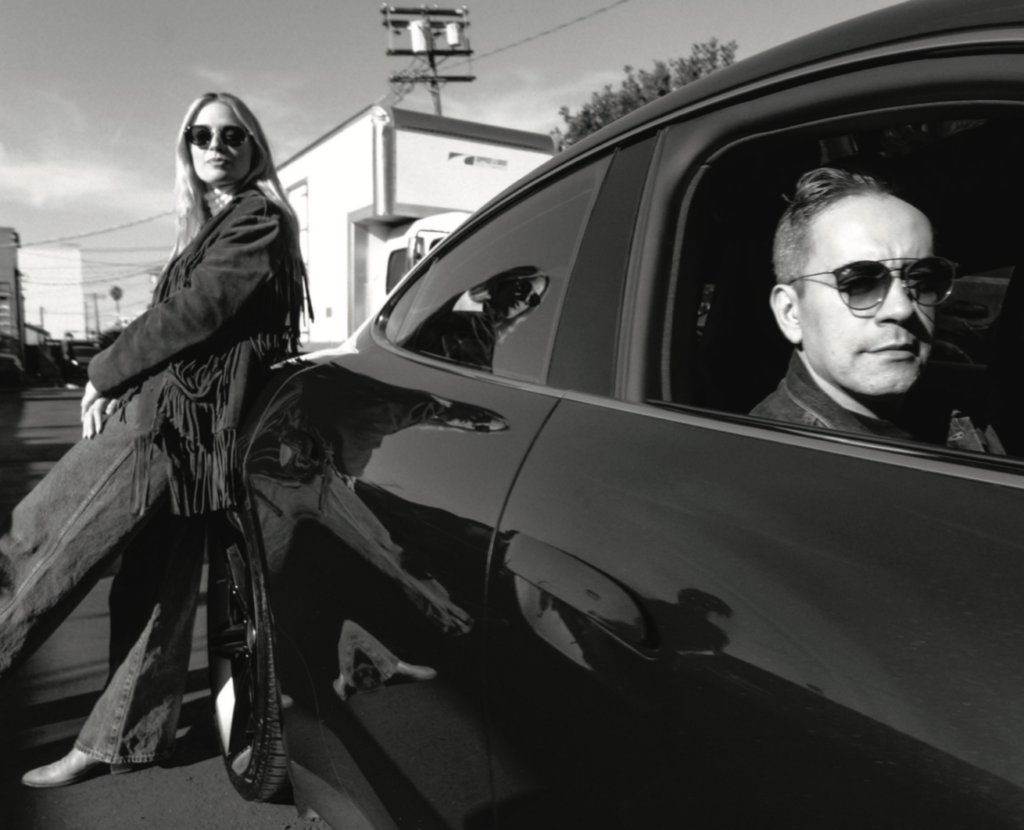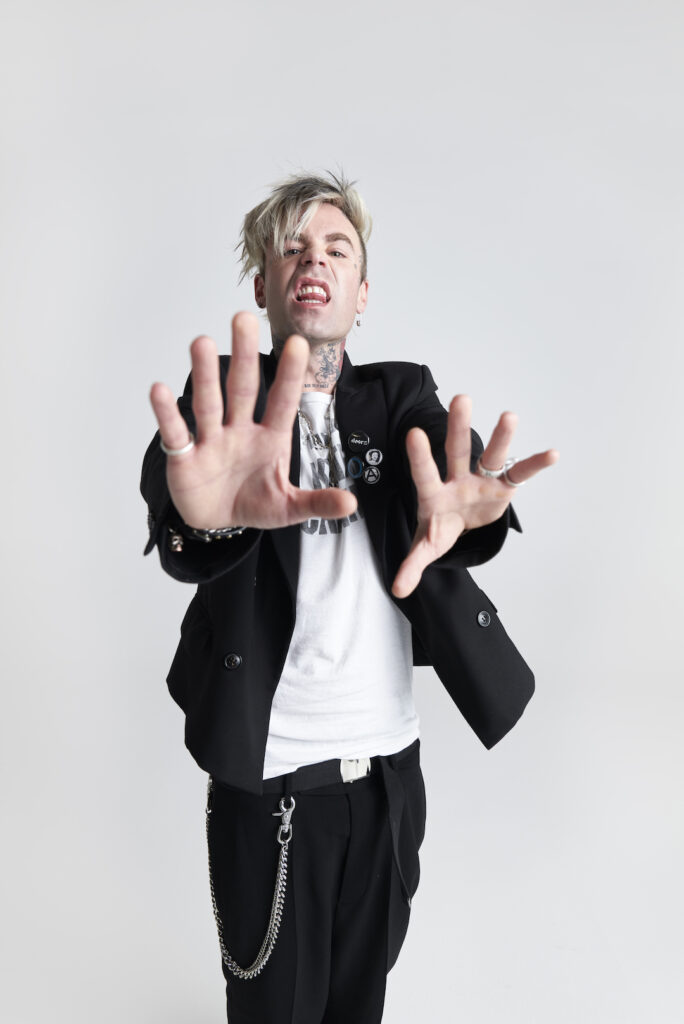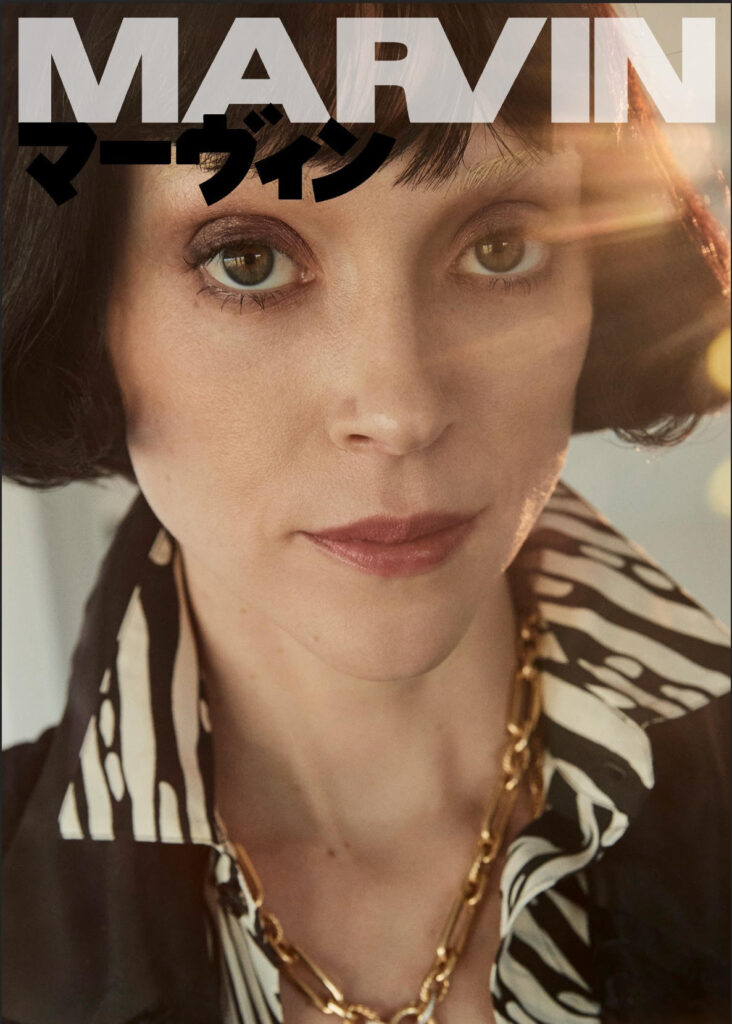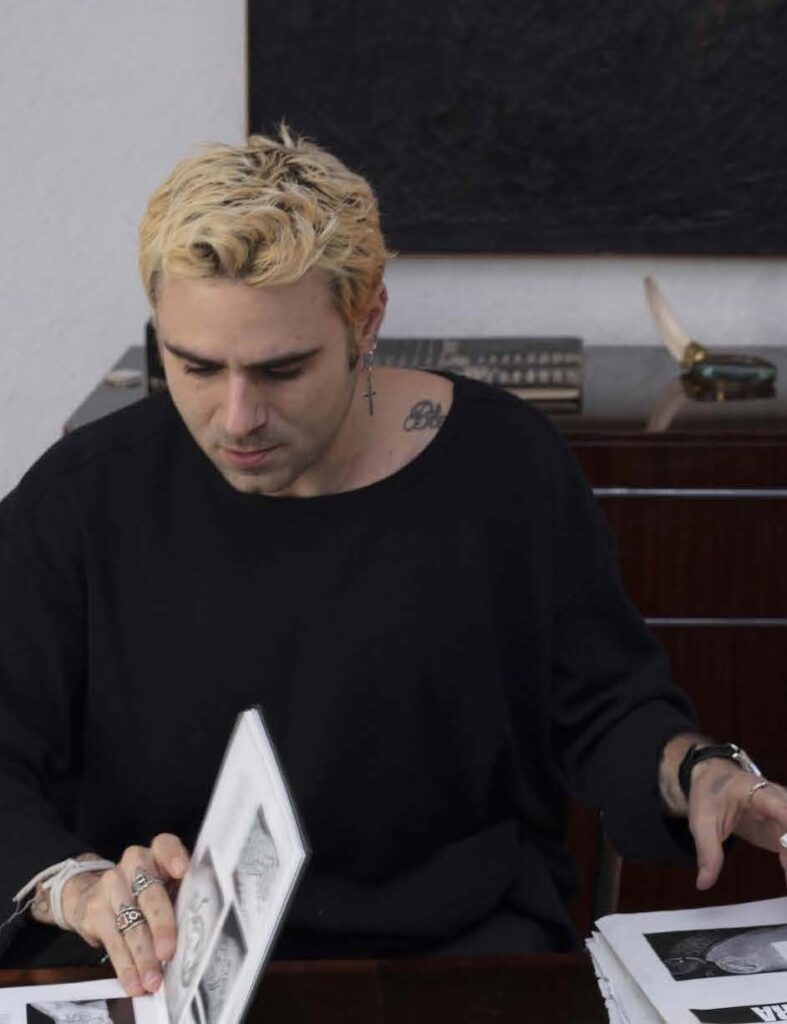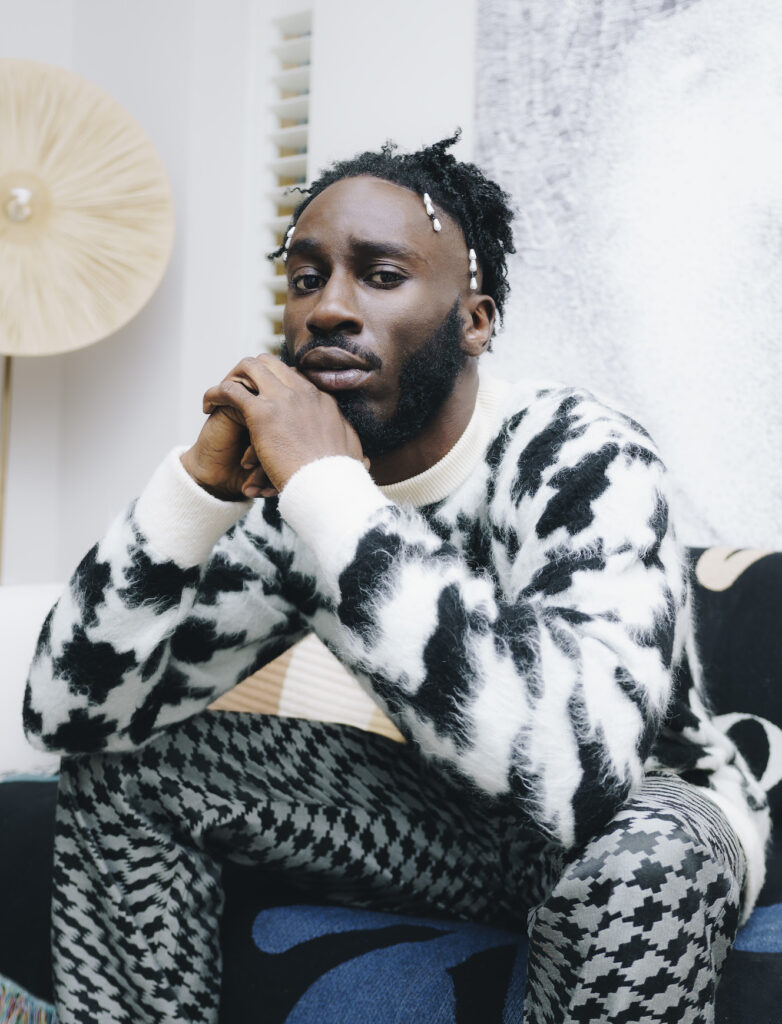Hirioshi Fujiwara Talks Punk Rock, Hip-Hop, Guitars, Style, Style Tribes and the Future
Words by MARVIN SCOTT JARRETT
Photography by ATSUSHI FUSEYA
 Known as a pivotal figure in streetwear, high fashion and popular culture, Hiroshi Fujiwara is also a musician, DJ and producer. He bridges music and fashion and not least by introducing hip-hop to Japan and the Far East. On a recent trip to Tokyo, our Editor-in-Chief, Marvin Scott Jarrett sat down with him to discuss punk rock, hip-hop, guitars, style, style tribes and the future.
Known as a pivotal figure in streetwear, high fashion and popular culture, Hiroshi Fujiwara is also a musician, DJ and producer. He bridges music and fashion and not least by introducing hip-hop to Japan and the Far East. On a recent trip to Tokyo, our Editor-in-Chief, Marvin Scott Jarrett sat down with him to discuss punk rock, hip-hop, guitars, style, style tribes and the future.
Marvin Scott Jarrett: When did you first play guitar?
Hiroshi Fujiwara: I think it was when I was at high school. My sister had an acoustic guitar, so that’s how I learned. That was the beginning. When I started the guitar, I had a Beatles record book, that’s how I got started. So maybe the chord work was how I was inspired.
MSJ: Did you have any guitar heroes who inspired you?
HF: Guitar heroes? No, not really. Maybe this one Japanese guy, Kantarō Uchida. He’s a blues guitar player.
MSJ: Do you like punk rock music as well?
HF: I don’t know. I don’t think I was as inspired by punk.
MSJ: Do you play the electric guitar at all?
HF: Sometimes, like if I’m going to do a live performance.

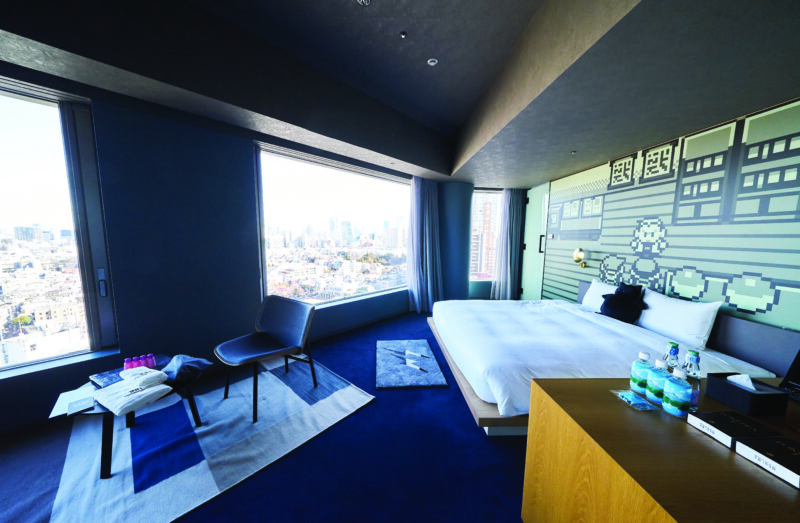
MSJ: Something like a Fender Stratocaster or a Gibson Les Paul?
HF: Yes, or an ES-335 Gibson, that’s the main guitar but I don’t mind playing Fenders. I don’t know much about electric guitars. I don’t like Les Paul as much–I don’t like heavy sounds.
MSJ: What does the word “punk” mean to you?
HF: Attitude, maybe? It’s not just music. It’s not just fashion.
MSJ: I know that people are aware that you introduced hip-hop to Japan but it seems far from what your personal music is like.
HF: I don’t think so. If you think about 1979 or 1980, automatically punk rock moved to hip-hop. Johnny Rotten did a song with Time Zone [“World Destruction”]. The Clash has been touring with Futura who paints graffiti backdrops while they play.
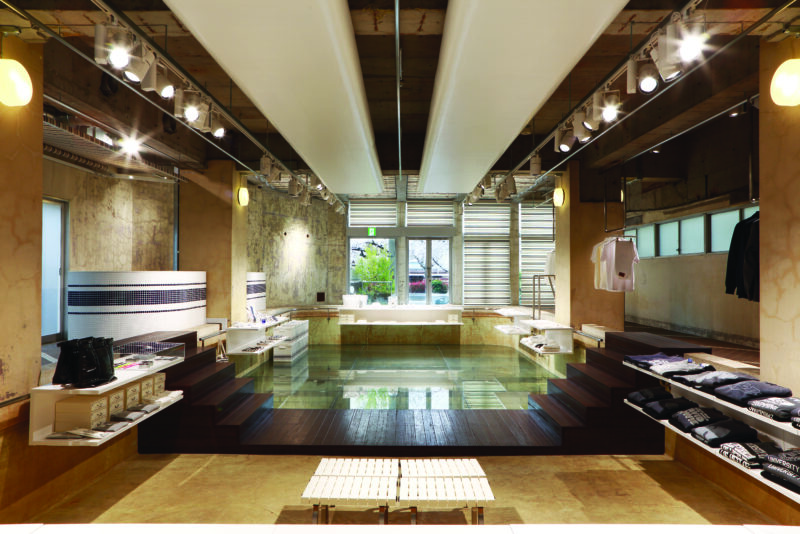
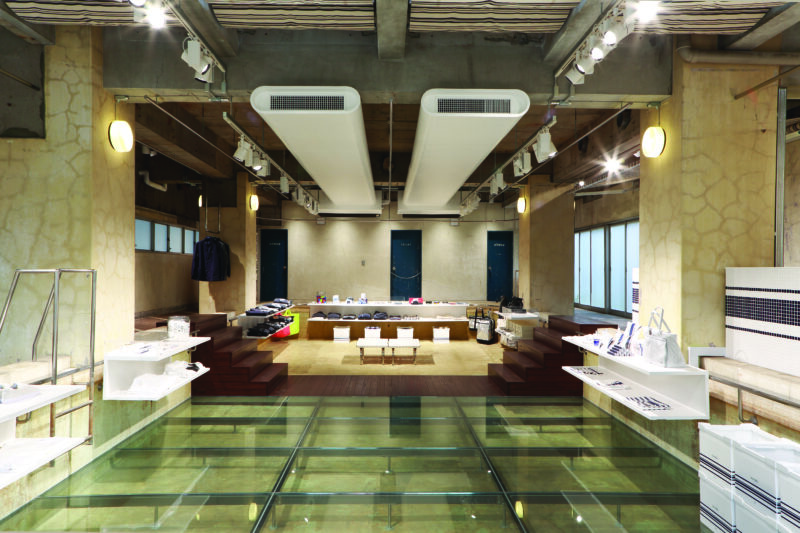
MSJ: I see what you mean.
HF: And also hip-hop was into punk rock. When Malcolm McLaren moved to New York he had an assistant named Terry Doctor, who I interviewed. I was asking him about the experience of Malcolm arriving in New York, checking out the hip-hop scene. I’d assumed the hip-hop guys would ignore him and push him back to punk rock. But it was the opposite. They were thrilled and many of them wanted to work with him because he’d been the manager of the Sex Pistols.
MSJ: Have you heard “Madam Butterfly” by McLaren?
HF: Of course. That was after hip-hop. If you saw Grandmaster Flash or Bambaataa then, they’d wear studded belts and studs on their leather jackets, kind of “faking punk.”
MSJ: Do you think music influences fashion more than fashion influences music?
HF: Now it’s separate. It used to be the same but I don’t think that’s happening any more. I really think that big music festivals changed that for me.
MSJ: Do you consider yourself a designer who plays music? Or a musician that designs?
HF: I think it’s just in between, half and half.
MSJ: How would you define your own style?
HF: I always try to be in the middle of the minority and majority. That’s where I try to be. I don’t know exactly the right word to describe it.
MSJ: Do you mean mixing brands?
HF: No, I mean my position. I don’t want to feel like a sellout as part of like a majority but I don’t want to be too underground either.
MSJ: You’re often referred to as the godfather of streetwear. Does that come with any pressure? Do you think about it when starting a new project?
HF: Not really. That’s something other people think. It may be the public image but I don’t see myself as a godfather of streetwear. Streetwear was there a long before me.
MSJ: Is the term “streetwear” still even relevant?
HF: Maybe not. Now everyone can wear what they want to. Streetwear culture used to have a kind of rule, like if you wanted to skateboard, you had to wear a certain brand, that kind of thing. I don’t think that applies anymore.
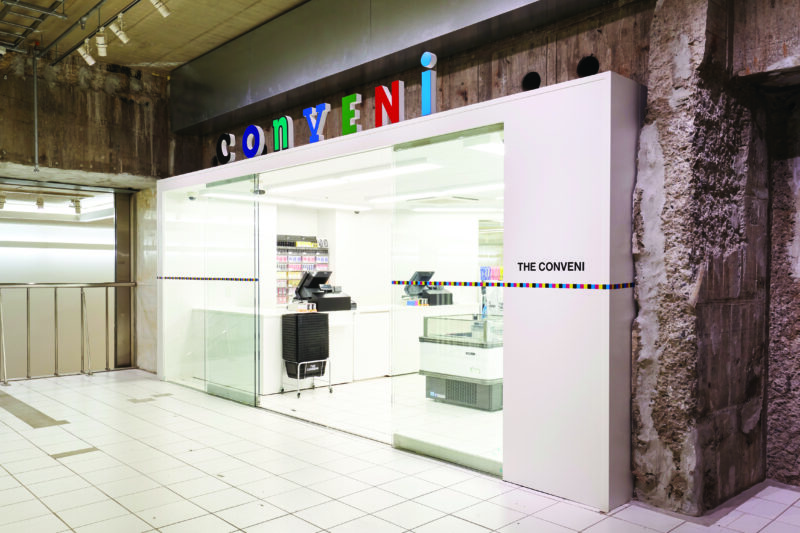
MSJ: Like for example, Supreme or Vans being connected to skateboarding?
HF: It’s not only the brands, but for example, if you wanted to listen to punk rock, you had to wear punk rock. Like if you wore a suit, you got kicked out.
MSJ: What would you listen to if you were wearing a suit?
HF: I don’t know, but if you go to a festival now, you’ll see it. Like if you go to Blue Note [Jazz Festival], you see some people in denim, some in suits. It would never happen at a punk rock show or in the hippie movement, you know?
MSJ: Are you very particular about denim? Specific brands?
HF: Not very. I like vintage brands like Levi’s.
MSJ: Any Japanese denim brands?
HF: No.
MSJ: A lot of designers have a creative process, what’s yours?
HF: How it usually goes is people approach me, like a brand says “we want to make a varsity jacket or t-shirts with you” and I just get to work. People say, “oh, Hiroshi you should do this” and then we start thinking collaboratively, no idea is singularly mine.
MSJ: So would you say collaboration is an organic process?
HF: It’s not only, “let’s go do this together.” There has to be some sort of chemistry or respect already there. Then I can work with it.
MSJ: Like the Moncler project? That was super cool.
HF: Thank you, that’s a very good example. They have great down jackets, so I can work with them because an essence I appreciate is already there.
MSJ: Have you ever thought about collaborating on interiors or with hotels?
MH: If someone asked me, I would love to do that.
MSJ: Do you still see style tribes coming out of Japan?
HF: They’re coming from everywhere. Not just Japan, but Korea and China…
MSJ: But is Japan still situated as a streetwear pinnacle?
HF: No, I don’t think so. As I said before, anyone can be a leader in street fashion. I never thought a Japanese kid would ever be #1 in the skateboarding world.
MSJ: Right, like Yuto Horigome winning the first gold medal in the inaugural Olympic men’s street event at the 2020 Summer Olympics.
HF: A Japanese kid at the top. Thirty years ago skateboarding was either LA or New York. They were amazing skaters but we never thought we’d be at the same level one day. So these days, I think anything can happen anywhere to anybody.
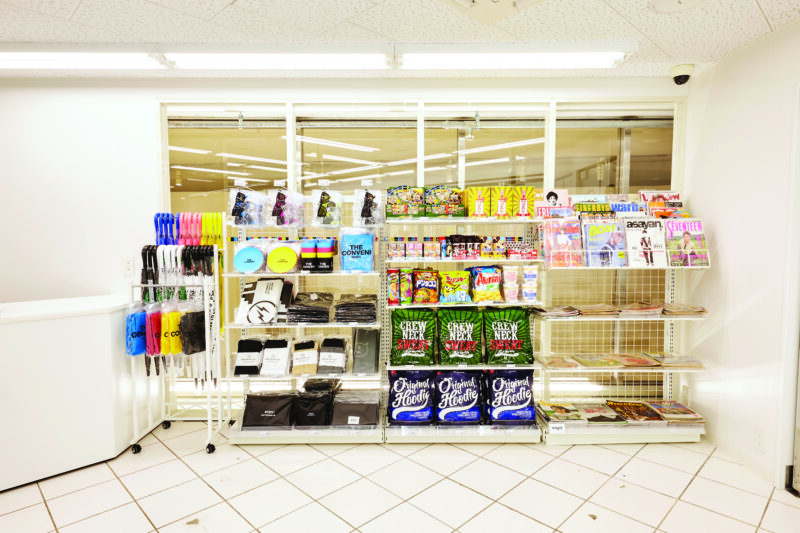
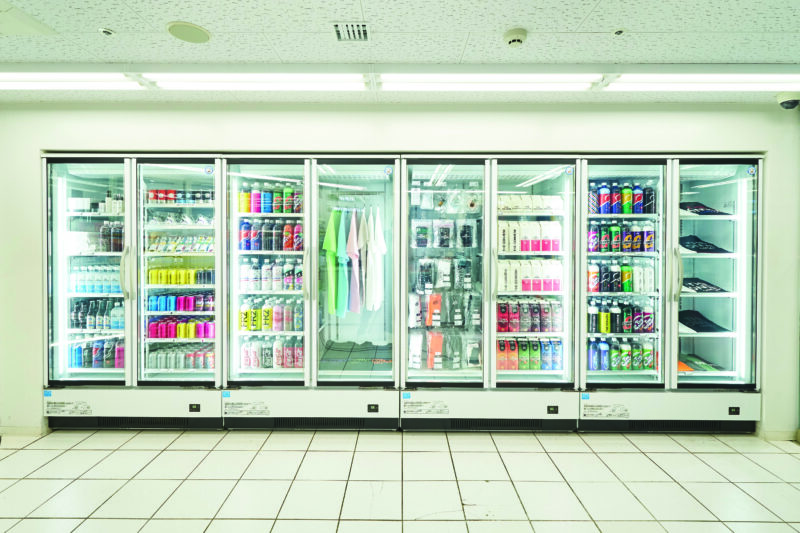
@fujiwarahiroshi
